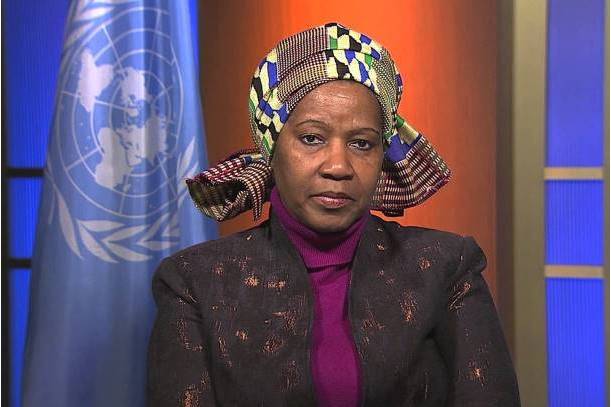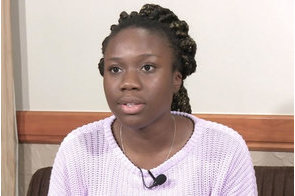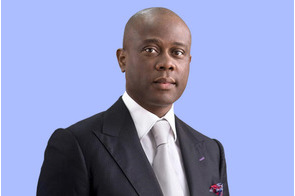Facebook joins efforts to stop cyber violence against women

Summary
The focus of the Facebook event was to address the issues of online harassment of women.
Facebook recently hosted a Women’s Safety roundtable in Kenya to highlight how communities can work together to create a harassment-free online environment where everyone can feel safe to share and interact.
The roundtable, which held on February 10, coincided with the Safer Internet Day. Observed on February 9, Safer Internet Day aims to make the Internet a better place for everyone who uses it. The focus of the Facebook event was to address the issues of online harassment of women.
A report by the UN Broadband Commission that was released in September 2015 revealed that almost three quarters of women online have been exposed to some form of cyber violence. The paper noted that cyber VAWG (abbreviation for violence against women and girls) exists in many forms, including online harassment, public shaming, the desire to inflict physical harm, sexual assaults, murders and induced suicides.
“At Facebook, safety is at the centre of how we build products,” said Antigone Davis, Head of Global Safety for Facebook. “We have a community of nearly 1.6 billion people, and we work hard to develop our global policies that focus on safety, encouraging online respect, and honouring the cultural diversity of our platform.”
Participants at the Women’s Safety event in Kenya included NGOs, women’s rights groups, safety organisations and the academic from across Kenya and Sub-Saharan Africa. The roundtable is the first in a global series that will continue in Ireland, the Middle East, India and the US.
African countries represented included Kenya, Malawi, Botswana, Zimbabwe, South Africa, Uganda, Ghana, Nigeria, Cameroon, Tanzania, and Zambia. Among the organisations represented were S.K.I.R.T.S. (Socially Keen Individuals Redefining Tech Spaces), Women in Tech Africa, African Women in Agricultural Research and Development (AWARD), Coalition On Violence Against Women (COVAW), Women of Uganda Network (WOUGNET), UN Habitat, Spinlet and iHub.
Head of Public Policy Africa for Facebook, Ebele Okobi, said, “Facebook is an important way for people in Africa to connect and share, and we’re committed to working with our partners to ensure our community, especially women, feel safe when they use our platform.”
Related
-
AWIEF opens nominations for 2025 awards for Africa’s women entrepreneurs
“The AWIEF Awards are not just about recognition – they are about empowering and amplifying the voices of women ...
-
Facebook partners She Leads Africa to support female entrepreneurs
She Leads Africa has built a global community of over 100,000 members across Africa and the diaspora.
-
Access Bank wins Women in Marketing and Communications Awards 2020
Access Bank will continue to strive to ensure that women are empowered – Herbert Wigwe.










